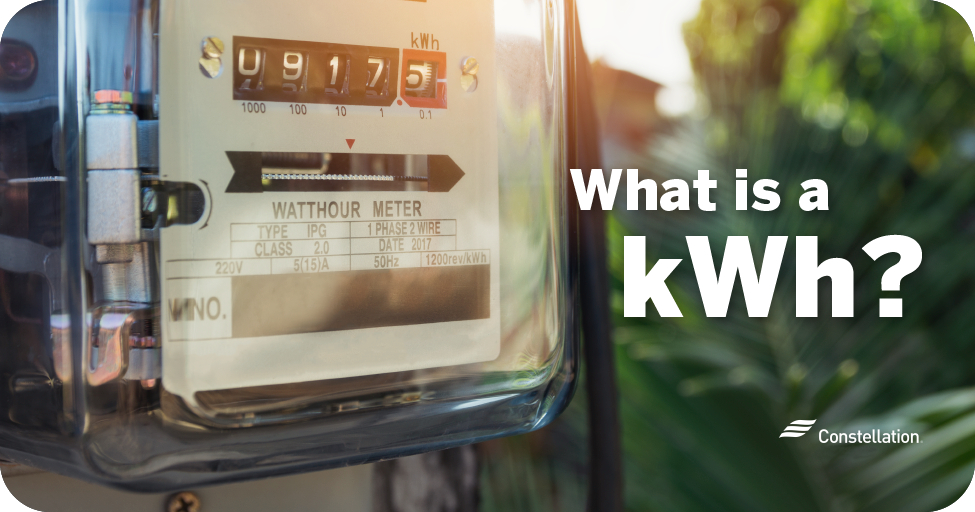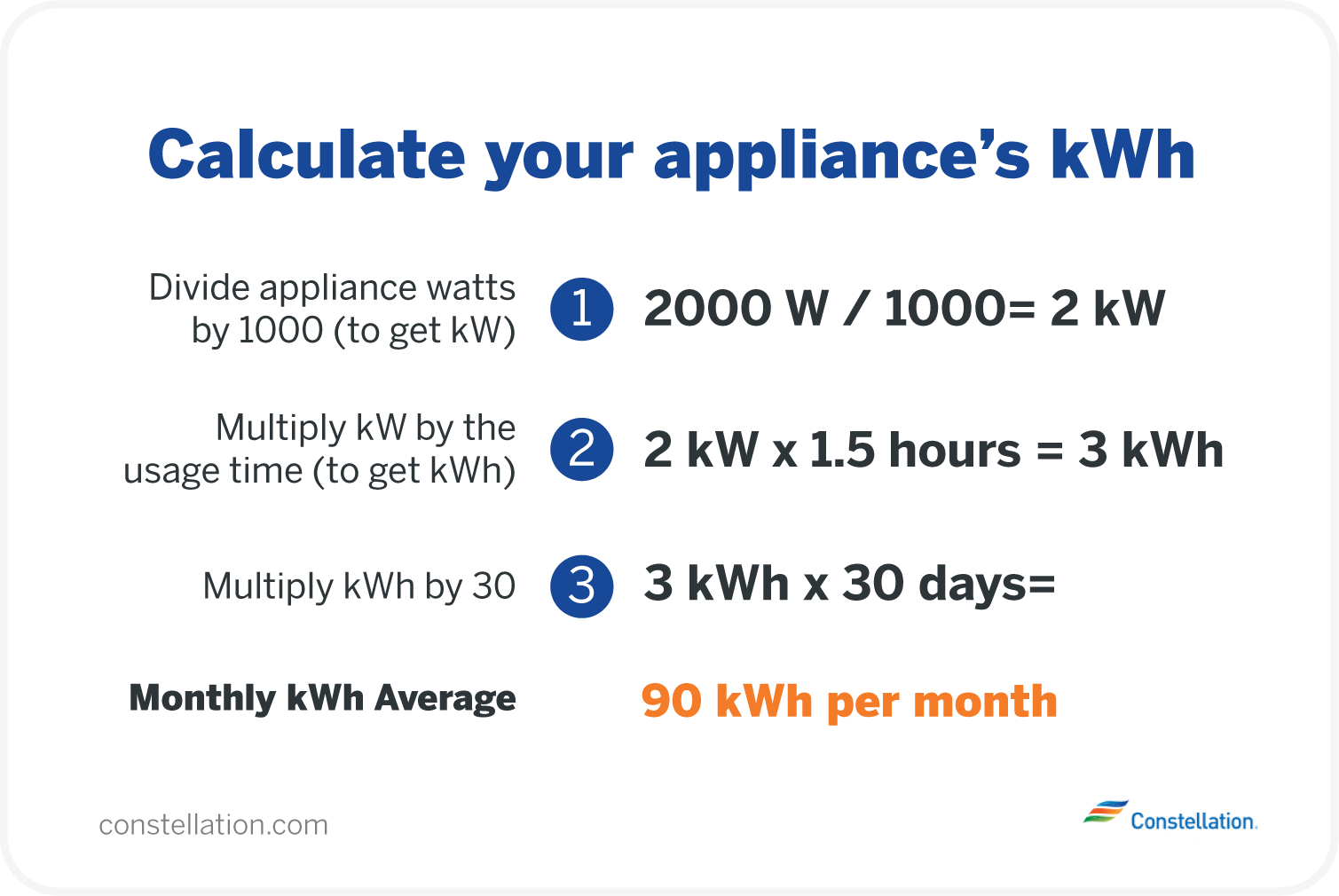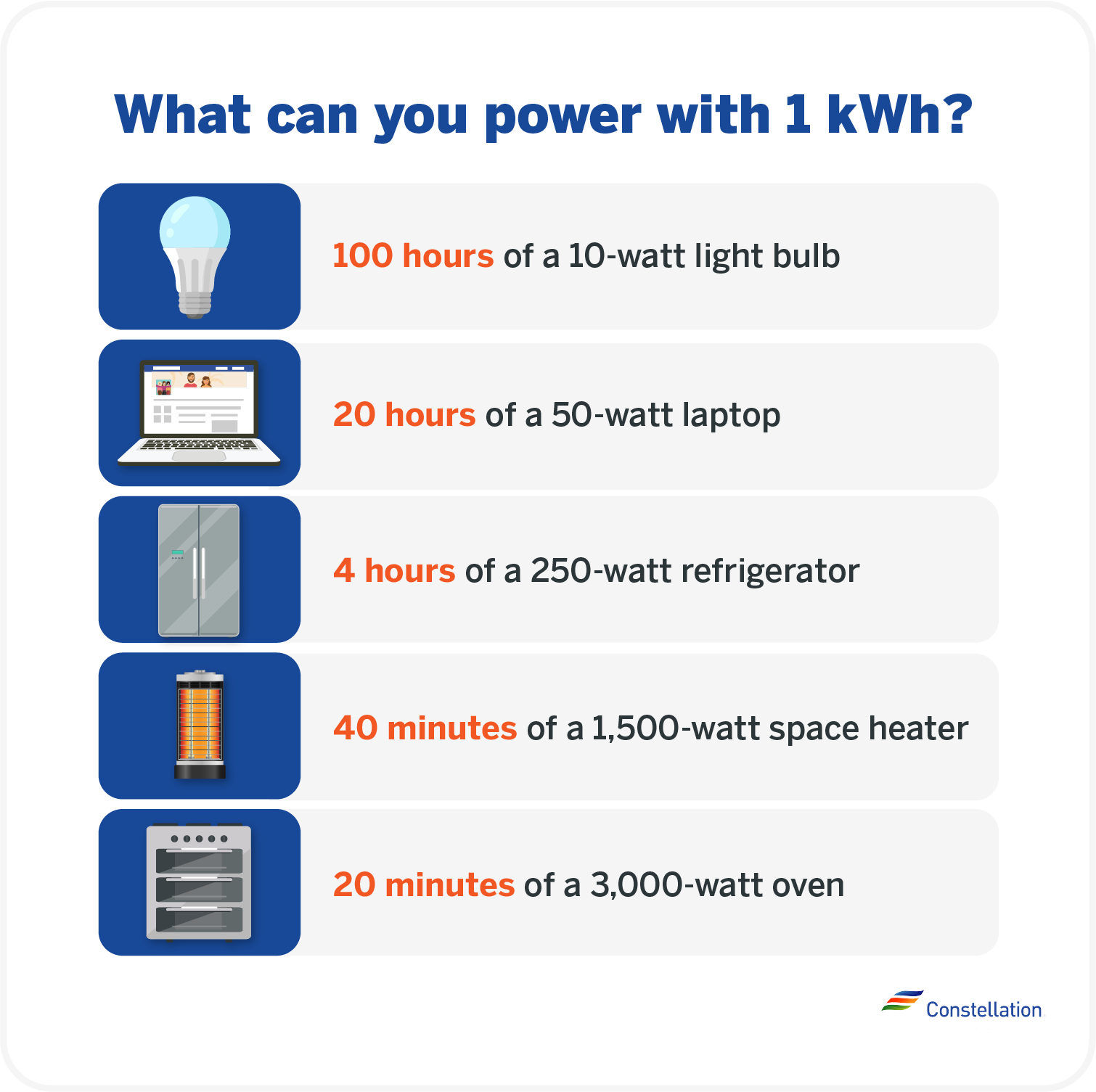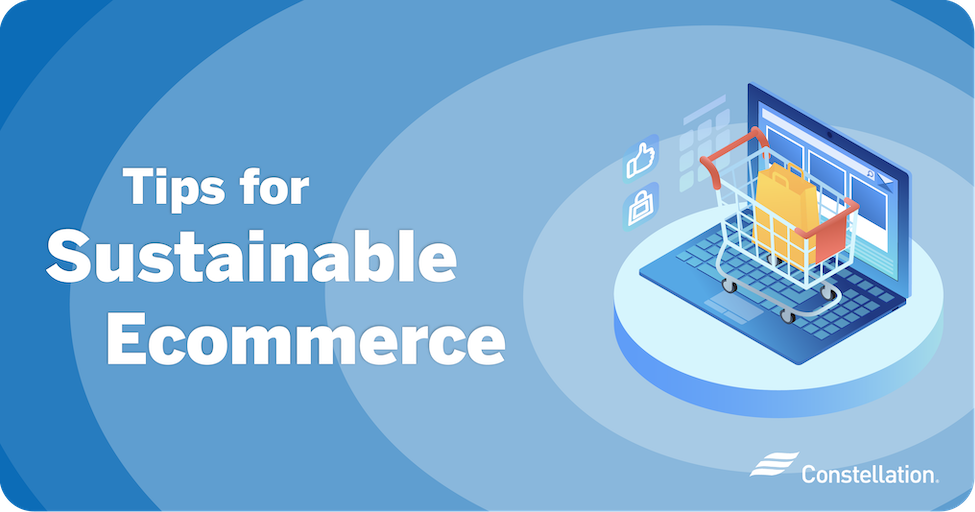
- Category:
Small Business Energy Savings -
Last updated:
February 22, 2022
What Is a Kilowatt-Hour and Why Should You Care?
You’ve likely seen “kWh” on your small business’s electric bill before, but do you know what kWh means? This information can be useful when it comes to tracking your business’s energy expenses. By learning what a kilowatt-hour is, as well as what it measures, you can better understand your monthly bill and take greater control over your small business’s electricity costs.
What Are kW and kWh on Your Electric Bill?
If you want to better manage your business’s electricity bill, it helps to know what kWh means. It’s also important to understand the difference between kW and kWh, as they are two separate units of measurement.
A kW is short for kilowatt — a unit of electrical power that equals 1,000 watts. By contrast, a kWh (kilowatt-hour) measures energy — that is, power exerted over time — specifically, kilowatts used per hour. A kilowatt-hour is the energy, while a kilowatt is simply the rate energy is used in any given moment. Your energy provider bills you based on your overall usage in kilowatt-hours per month.
To find out more about the difference between kW and kWh and the formula used for kW-to-kWh conversion, watch our video!
Using the kWh Calculation Method to Understand Energy Costs
Your electricity bill will tell you the total number of kilowatt-hours you used that month, but it won’t tell you how much electricity each of your appliances used. To get a general idea of the energy your appliances use in kilowatt-hours, you can apply the following formula:
Wattage ÷ 1,000 x Hours Used = Kilowatt-Hours Used
Once you’ve found out how many kilowatt-hours an appliance uses in a day, it’s easy to determine that appliance’s monthly kWh consumption:
Kilowatt-Hours Used x 30 Days = Monthly Kilowatt-Hours Used
From here, you can calculate how much it costs you to run that appliance for a month:
Monthly Kilowatt-Hours Used x Price per kWh = Monthly Cost of Electricity

What can you power with 1 kWh?
Since all the equipment and appliances in your business have different wattages, they use different amounts of power. Once you add time of use as a factor, you’re measuring energy, not power. Energy is power over time, and it’s how your electricity is billed. We know how much energy a kilowatt-hour is: 1,000 watts used over 60 minutes. But your devices and equipment will consume a single kilowatt-hour of electrical energy in different ways.
For example, with 1 kWh of electricity, you could power a:
- 10-watt light bulb for 100 hours
- 50-watt laptop for 20 hours
- 250-watt refrigerator for 4 hours
- 1,500-watt space heater for about 40 minutes
- 3,000-watt oven for 20 minutes

The average cost per kilowatt-hour for small businesses
According to the U.S. Energy Information Administration, commercial consumers spent an average of 10.6 cents per kilowatt-hour in November 2020, with consumers in the industrial and transportation sectors paying 6.5 cents/kWh and 9.9 cents/kWh, respectively, during the same month. However, there are several factors that affect your individual small business’s kilowatt-hour price. Your business’s location, the current market prices and the type of contract you have will all have an impact on your cost per kilowatt-hour. For example, whether you have a fixed- or variable-rate energy plan for your small business will have a bearing on your price per kilowatt-hour as well as its consistency from bill to bill.
The time of year you set your rate will also help to determine your electricity price. If you wait for low-demand seasons like fall or spring, you may be able to secure your cost per kilowatt-hour when electricity rates are lowest.
How can understanding kWh benefit your small business?
It’s important for small-business owners to understand what a kilowatt-hour is and how it affects their business. When electricity suppliers determine your monthly bill, they do so based on your business’s kWh usage. The more you know about how kilowatt-hours work, the more you stand to benefit.
Better understand your business’s electricity costs.
Depending on the industry you work in, electricity could be one of your largest operating expenses. Knowing how much energy a kilowatt-hour is and how the unit is calculated can help you better understand your energy costs. This gives you more control over your energy expenses and assists you in protecting your bottom line.
Take advantage of off-peak hours.
Some energy plans may be able to help you limit your business’s electricity costs by giving you a lower rate during off-peak hours. These are times of day when demand for energy is low and the price per kWh is cheapest. If your business uses most of its energy early in the morning, late at night or during other off-peak times, you could stand to save on your kWh price.
Reduce your business’s energy consumption.
You can use your understanding of the kWh to take control of your small business’s energy consumption and possibly find ways to reduce it. If you’ve discovered that your business has been making some common energy-wasting mistakes, you can then course-correct and reap the savings.
There are many different steps you can take to limit the amount of energy your business consumes. For example, you may decide to switch to energy-efficient business equipment. As you shop around, be sure to keep an eye out for ENERGY STAR ® labels on the equipment. These labels can be helpful because they often show the estimated annual usage for an appliance in kWh.
Taking control of your small-business electricity expenses
For small-business owners, it’s worth learning what kWh means and how the unit of measurement is used to determine your business’s electric bill. Once you understand how your price is calculated and the factors that affect it most, you’ll have a better idea of where to look for savings when monitoring your business’s energy usage. Even limiting the usage of a few high-wattage appliances can make a difference next time you get your monthly bill.




